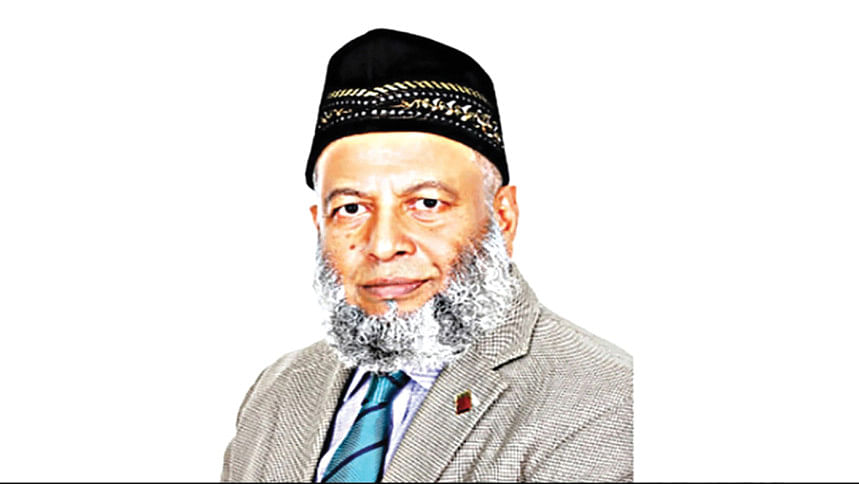FY26 budget is far from expectations

Among many other things, the current interim government is pro-reform in many sectors. Unfortunately, there is almost no reflection of this in the recently presented budget. Political governments often cannot take hard initiatives due to both internal and external pressures. From that perspective, it was the right time and widely expected that the interim government would present a budget that initiated some reform agenda and set a tone for the next elected government to make further progress. Mere bifurcation of the tax departments into policy and administration by abolishing the National Board of Revenue is not enough. Tax reform in Bangladesh has been overdue for many years, given our poor tax-to-GDP ratio compared with regional and similar economies. It is disheartening that we have repeatedly failed to break free from this vicious circle. The 2025-26 budget is a traditional one, following the usual changes in tax rates and other minor amendments.
Our taxation system is characterised by a narrow tax net, tax evasion, in many cases unreliable financial reporting, corruption, and non-transparent as well as arbitrary assessment systems. Sadly, there is no indication that these issues will be addressed in the new budget.
In a country of around 18 crore people, only 1 crore hold a TIN, and of these only 40 lakh file tax returns. Our tax net must be widened, but for various reasons we have not succeeded. In addition to tax inspectors, external survey groups should be appointed to identify potential taxpayers and verify the status of their current tax payments. Inspectors could then scrutinise and finalise the list, giving appropriate reasons for any exclusions.
Lack of transparency in financial reporting remains widespread. Actual profit is not reported, and financial statements are window-dressed in many cases. In Bangladesh, there is a fallacy in financial reporting where management or preparers of financial statements are made less accountable, while auditors are blamed. Management often resorts to corrupt practices in connivance with tax officials, sometimes aided by unethical tax consultants.
Corruption is another major reason for low tax collection and must be tackled and brought within tolerable levels, if not eliminated. Non-transparent assessment systems and arbitrary disallowances are common. Good taxpayers are often forced to pay more and face harassment, while tax evaders easily escape through corrupt channels. Unfortunately, the current taxation system cannot address these chronic issues. In a society where corruption is a major concern and where legal and penal actions are not taken in a timely manner, there is no alternative to the introduction of tax audits, streamlining assessment procedures, and digitalisation. Considering Bangladesh's unique context, we should adopt a policy of trust but verify. Alongside financial reporting and statutory audits, tax audits, as practised in many countries, especially our neighbours, should be introduced without delay. This could be done through an executive order, at least in the short term. Tax collection has improved significantly in other countries after introducing tax audits. It helps curb tax evasion, inappropriate financial reporting, and corruption, while minimising arbitrary assessments.
These problems could be solved through short, medium and long-term reform proposals. As a short-term measure, many countries have introduced tax audits and reliable financial reporting, limiting the discretionary power of assessing officers. Ultimately, we must move towards complete digitalisation and faceless assessments as practised elsewhere. Tax reform is the right approach and must be initiated immediately. It is long overdue.
The writer is a senior partner of Hoda Vasi Chowdhury & Co and former president of ICAB

 For all latest news, follow The Daily Star's Google News channel.
For all latest news, follow The Daily Star's Google News channel. 



Comments